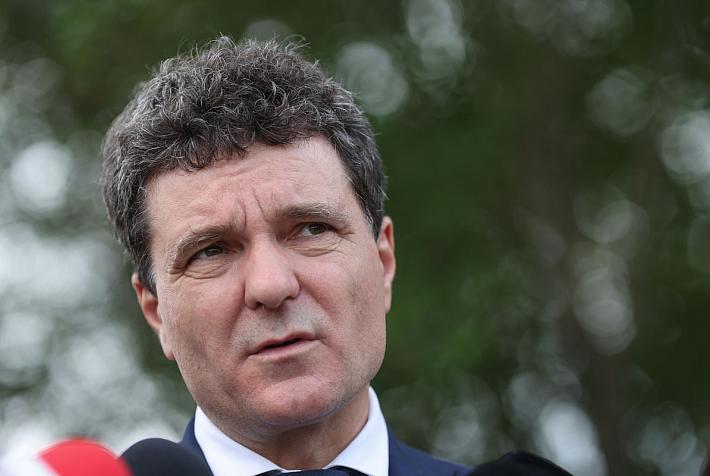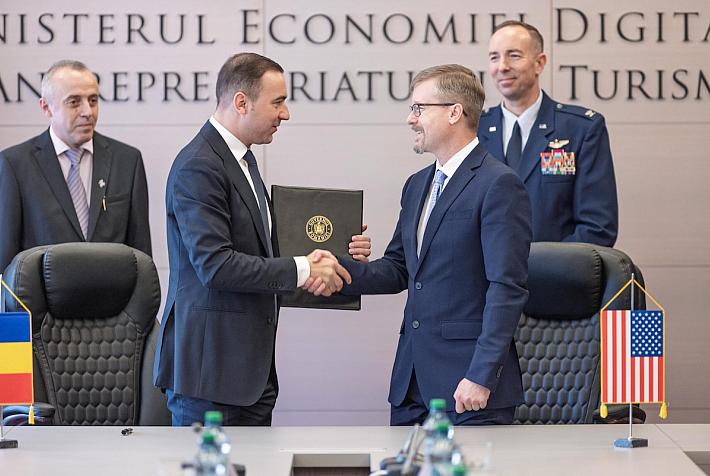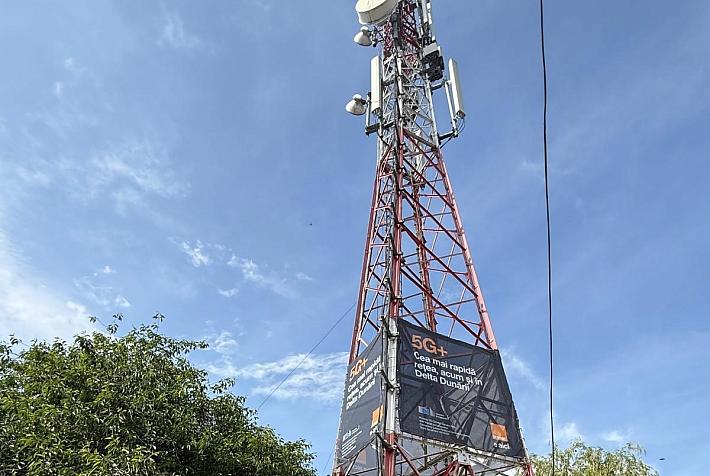Romania joins the European Organization for Nuclear Research

Romania has become the twenty-second member of the European Organization for Nuclear Research (CERN). The country had already been cooperating with CERN for 25 years.
“We are proud of the work of the many Romanian scientists and engineers who in recent years have cooperated with CERN and greatly contributed to this outcome. We are looking forward to deepening and diversifying this cooperation as a full-fledged member of CERN, for the benefit of science and humankind,” said Ambassador Adrian Vierita, Romania’s Permanent Representative to the UN in Geneva.
Fabiola Gianotti, CERN Director-General, said: “These are exciting times for CERN and particle physics, and I am very glad that the Romanian scientific community, in particular the younger generations, will now have increased opportunities to contribute to our truly international research programme.”
The Organization and the Government of Romania signed a scientific and technical cooperation agreement in 1991, establishing the legal framework for later developments. In April 2008, Romania submitted its formal application to join the Organization and, in November 2010, the Agreement granting the country the status of Candidate for Accession came into force.
Romania's scientific community at CERN has grown over the years and currently consists of around a hundred visiting scientists, according to a statement from the Organization.
Founded in 1954, CERN is a European research organization that operates the largest particle physics laboratory in the world. The other 21 member states are Austria, Belgium, Bulgaria, Czech Republic, Denmark, Finland, France, Germany, Greece, Hungary, Israel, Italy, Netherlands, Norway, Poland, Portugal, Slovakia, Spain, Sweden, Switzerland, and UK.
Groundbreaking experiments to be carried out in Romania once powerful laser is installed
Irina Popescu, irina.popescu@romania-insider.com
(Photo source: CERN website)











